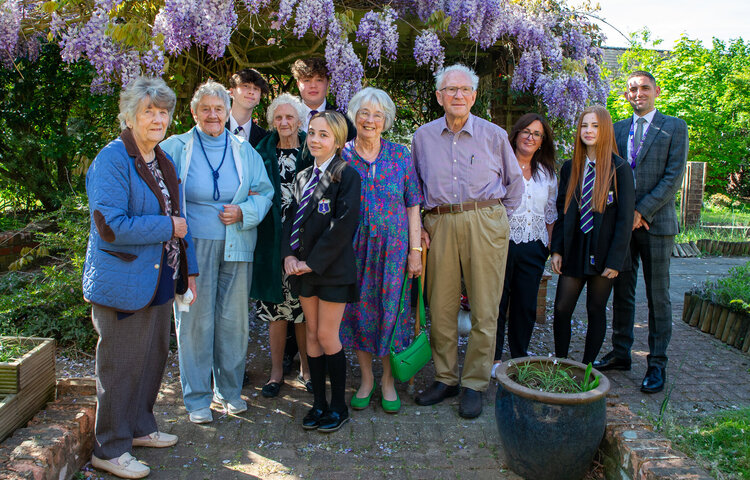Computer Science
Subject Overview
The Computing Department is situated within the Coniston Building and has a dedicated computer suite to accommodate time-tabled lessons. The room is equipped with 26 PCs, interactive whiteboard and projector, internet and email access and a range of software suites including Microsoft Office and Serif Applications. Our aim is for students to become independent learners and confident users of ICT and Computing within a range of software programs where skills can be transferred and used in a variety of other subject disciplines. Students are encouraged to progress and develop their knowledge and understanding in a variety of units covering digital literacy, information technology and computer science. They will develop programming skills throughout the 3 years at KS3.
Subject Staff
| Mrs Park | Teacher of Computing / Assistant Headteacher |
| Mr Doyle | Teacher of Computing |
Key Stage 3 Computer Science
The Key Stage 3 Curriculum has been designed to satisfy the new National Curriculum for Computing and equip students with the skills required in a digital world. In Years 7 to 9, students receive one hour of Computing a week and are taught in mixed ability classes.
Key Stage 4 Computer Science
Students have the opportunity to study GCSE Computer Science as an option at Key Stage 4 where we use the OCR exam board. Within the theme of ‘Computer Systems’, students study ‘systems architecture’, ‘memory’ and storage’, ‘computer networks, connections and protocols’, ‘network security’, ‘systems software’ and ‘ethical, legal, cultural and environmental impact of digital technology issues’. This is assessed with a written exam worth 50%.
In the theme of ‘Computational thinking, algorithms and programming’, students study the topics: ‘algorithms’, ‘programming fundamentals’, ‘producing robust programs’, ‘boolean logic’ and ‘programming languages and integrated development environments’. As part of this, students learn a variety of skills in programming using Python and are required to complete a range of programming tasks. This is assessed with a written exam worth 50%. Classes are mixed ability based on option block choices and all assessment is finalised at the end of the two year course.
“Everyone should know how to program a computer because it teaches us how to think” –
Steve Jobs, Co-Founder of Apple, 1955-2011

